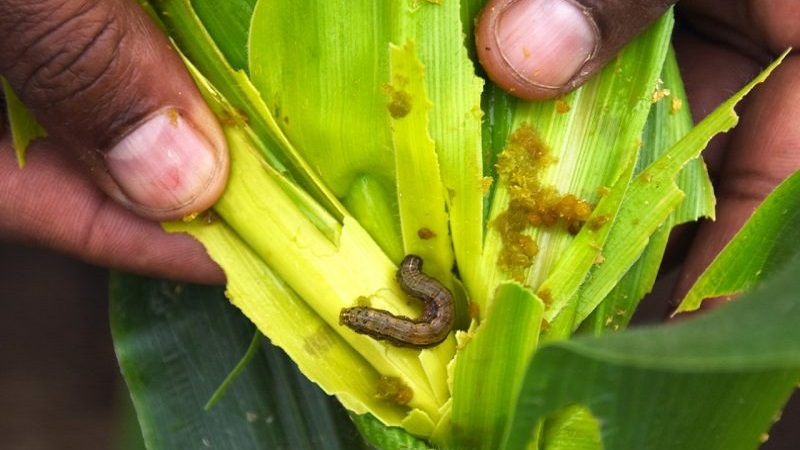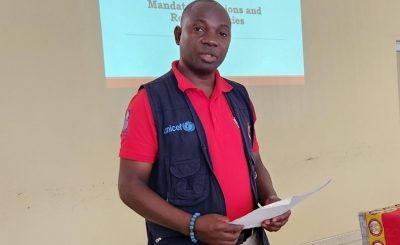By Sara Mlozoa
Lilongwe University of Agriculture and Natural resources based food security expert Sam Katengeza has advised government to explore other means of reducing the challenges that emanate due to the effects of the fall army worms to ensure food security in the country.
Katengeza’s remarks were made considering that many parts of the country have been hit by fall and African army worms and the floods yearly, a development which usually leaves the country food insecure.
The expert said it is high time government has to start embracing effective options such as irrigation farming to ensure maximum food availability throughout the year.
Katengeza said: “I understand the ministry of agriculture is still trying hard to find the solution to fall armyworms and much as we appreciate their effort but there is need to look for other options of saving people from hunger which result from influx of the worms and one of the solution is irrigation farming.”
For the past three farming seasons, the country has been hit by the fall armyworms resulting into the damage of thousands of hectares of crops, yearly, more especially maize, which is the main staple food in the country.
Recently, spokesperson for the ministry of agriculture, Priscilla Mateyu, told YFM that more than 262 thousand farmers have already been affected by fall armyworms and the figures are still coming in.
In December, 2018, with powers conferred upon him by Section 32(1) of the Disaster Preparedness Act, President Peter Mutharika declared a state of disaster in 20 out of 28 districts of the country after they were hardly hit by fall army worms.
Since then the fall armyworms have been causing havoc to the crops in each and every year, leaving the country food insecure.





